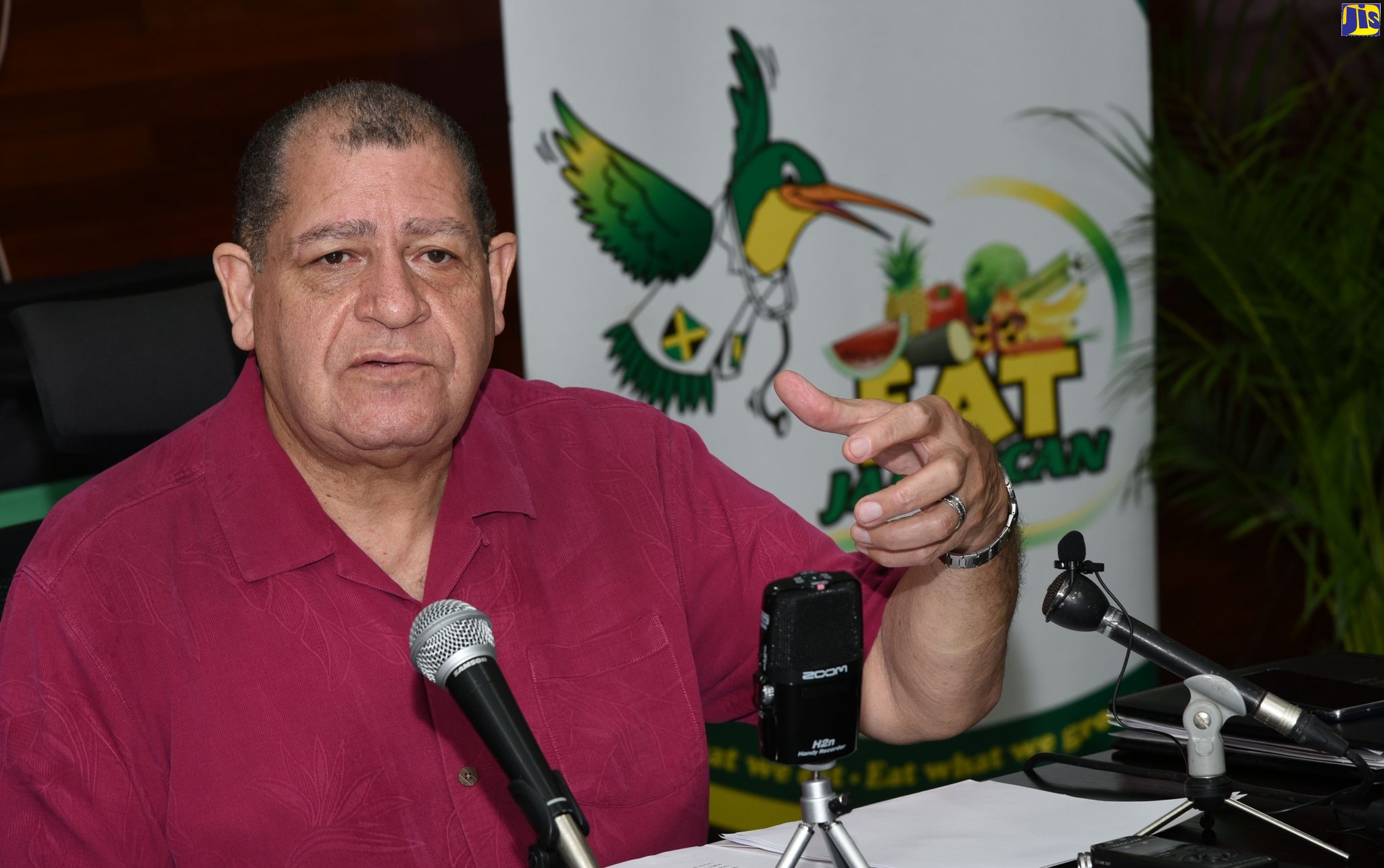Agriculture Minister Expects Increase In Cocoa Yield
By: , October 15, 2019The Key Point:
The Facts
- Speaking at a recent media briefing on the management of the disease, at the Ministry, Hope Gardens, in Kingston, Mr. Shaw said this is a positive development for the country’s cocoa industry, which has been impacted by the problem since 2016.
- “We are already witnessing an improved performance in the sector. For the first week of cocoa collection for the new crop year, which began on October 1, one fermentary has seen 400 boxes of wet cocoa beans being delivered by farmers,” he said.
The Full Story
Industry, Commerce, Agriculture and Fisheries Minister, Hon. Audley Shaw, says he expects an increase in the yield of cocoa for the fall crop, in areas where the Frosty Pod Rot disease management programme has been implemented.
Speaking at a recent media briefing on the management of the disease, at the Ministry, Hope Gardens, in Kingston, Mr. Shaw said this is a positive development for the country’s cocoa industry, which has been impacted by the problem since 2016.
“We are already witnessing an improved performance in the sector. For the first week of cocoa collection for the new crop year, which began on October 1, one fermentary has seen 400 boxes of wet cocoa beans being delivered by farmers,” he said.
Mr. Shaw, who has ordered a full resumption of activities under the Frosty Pod Rot Management Project, said it was shut down to facilitate a review following concerns raised by farmers and other stakeholders.
Under the Frosty Pod Rot Management Programme, approximately 225 hectares of cocoa have been pruned, benefiting 187 farmers, primarily in St. Mary.
“The total acreage projected for treatment in eastern Jamaica has not yet been completed. However, baseline data collection has been initiated in Clarendon. We are projecting an increase in production for the 2019/2020 production cycle. We are well on our way to treating with this disease,” he said.
Frosty pod rot is a disease that affects cocoa and is caused by a fungus. It can cause serious damage to the cocoa industry, reducing crop yield by up to 80 per cent per year. Frosty pod rot is an airborne disease that can be easily spread from one farm to another by way of wind movements.
The Minister is calling on farmers to adhere to the recommendations under the Frosty Pod Rot Management Project and apply the appropriate cultural practices and chemical interventions after the fields have been treated by the Ministry’s Plant Quarantine Division teams to reduce the reoccurrence and spread of this disease.
He is also appealing to farmers to cooperate with the authorities as they carry out the necessary intervention methods.
Jamaica’s cocoa is one of eight recognised by the International Cocoa Organization (ICCO) with 100 per cent exclusive ‘Fine Flavour’ status among cocoa-producing countries in the world.
At present, there is an estimated 3,250 hectares of cocoa cultivation across three distinct agro-ecological zones. However, only 1,300 hectares are actively in production, with the remaining 1,950 being classified as abandoned. At the same time, it is estimated that there are about 1,300 active cocoa farmers.
Between 2004 and 2018, Jamaica’s cocoa production averaged approximately 368 tonnes annually. However, over the last five years, there has been an annual average of approximately 255 tonnes.




